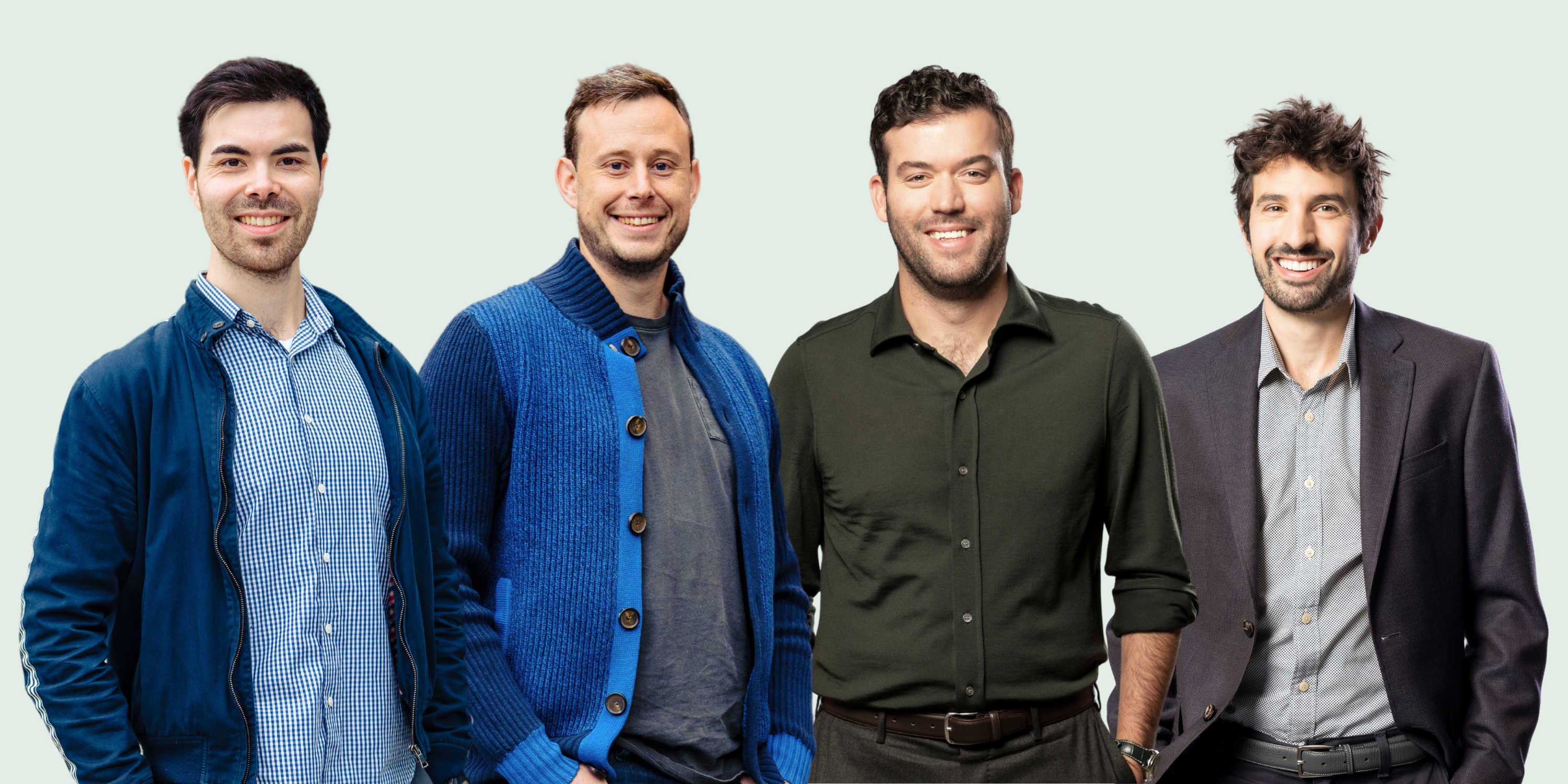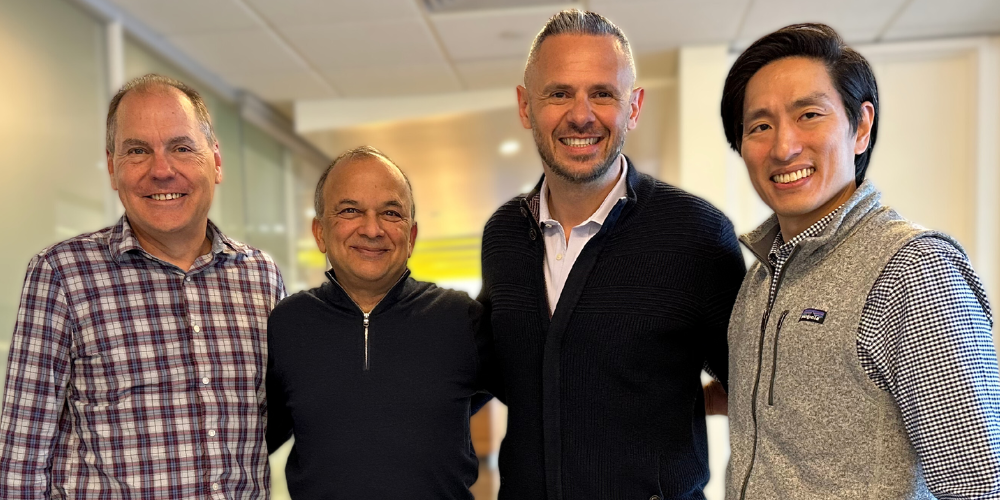Madrona is extremely excited to announce our investment in Archon Biosciences and the company’s emergence from stealth on the back of a $20M first fundraise. Archon is a spin-out of the Institute for Protein Design, and Madrona has been working with the team for over two years. We’re thrilled to finally be able to tell their story.
Since the approval of the first cancer therapy in 1986, antibodies have become the major biologic therapeutic agent. The largest class of drugs on the market by sales volume — with the exception of the GLP-1 agonists — are predominantly antibody-based therapies. Think Humira, Keytruda, Dupixent, Stelera, and many others. These drugs are extremely effective, are applicable to a huge number of patients, and deliver life-changing treatments across disease areas as broad as cancer, immunological conditions, and even the most challenging diseases such as Alzheimer’s. As effective as these therapies are, there is still a massive opportunity to improve on these drugs.
Antibodies’ relatively fixed structures make it challenging to customize them for specific therapeutic purposes such as tissue targeting, pharmacodynamics, and mechanism of action (antagonism vs agonism). While we are extremely bullish on the future of antibody-based therapeutics, this class of medicines needs a new approach to precisely control the behavior of existing antibodies in order to create best-in-class medicines. That’s where Archon Biosciences comes in. The company is supercharging antibody therapies by adding an additional layer of biological control to improve how they travel through the body and engage their targets.
To do so, Archon is creating an entirely new class of biologic medicines called Antibody Cages or AbCs. AbCs are AI-generated protein structures that precisely orient existing antibodies in novel geometric configurations not found in nature. First and foremost, these geometric configurations enable antibodies to efficiently travel through the body, adhere to the right cells, and work in very specific and targeted ways. These structures rapidly self-assemble to create exquisite geometric shapes that engage with targets by creating unique geometric binding configurations.
Importantly, Antibody Cages can be precisely tuned to drive unique functional properties important to building new effective medicines, such as biased signaling, expanded therapeutic windows, as well as differentiated biodistribution and target engagement. AbCs also enable potent agonism with a wide therapeutic window, unlocking completely novel behavior that antibodies have never been able to achieve before. We are thrilled with the pace of execution and the potential for Archon to reach the clinic with multiple potential programs in relatively short order. This progress could mean getting critical medicines to people sooner, which is incredibly exciting.
One of our mantras at Madrona is “day one for the long run,” and our relationship with Archon epitomizes this philosophy. The co-founders of Archon, Jamie Lazarovits and George Ueda, were both translational investigators in the Baker Lab at the University of Washington’s Institute for Protein Design. We originally met Jamie and George at a dinner well over a year before the company was formally founded. They both blew us away with their vision, scientific brilliance, and determination to build a long-term biotech company, and we spent the ensuing year working closely in anticipation of launching a product-focused company.
Seattle is the leading market for AI-generated protein design and is a hotbed for world-class talent in the field. Much of the underlying Archon technology leverages the breakthrough AI-driven advances in computational protein design for which David Baker was recently awarded the 2024 Nobel Prize in Chemistry. At Archon, George and Jamie have built a differentiated AI-enabled platform to interface with the established gold standard of the industry and generate Antibody Cages with a wide diversity of new geometrically defined structures. This platform is a unique approach to moving beyond AI-generated protein binders alone — showing the vision and foresight George and Jamie bring to the world of AI+Bio.
At Madrona, we deeply believe in the intersection of AI and the life sciences and continue to invest meaningfully in this theme. Companies like Archon are a great example of the emerging approach of “product-led platforms” that compound AI advances in pursuit of revolutionary therapeutic products rather than for advancing models themselves. In our opinion, this approach is a compelling way forward to not only accelerate the path to the clinic but also hit targets in ways previously impossible.
We are excited to be a founding part of this journey alongside the Archon team and the IPD and are thrilled for the future they envision.


